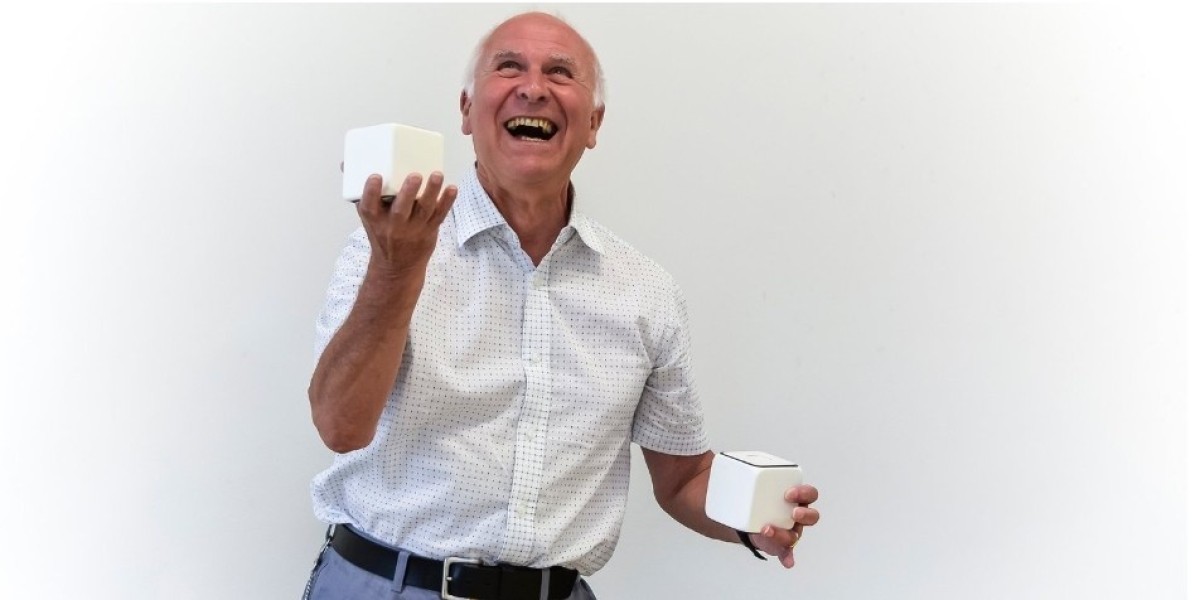The face of healthcare in the U.S. is changing, and this change will mainly focus on transition from hospital care to the comfort of their homes. From traditional hospitalization to extended stay during which older adults experience the stress of going back home without proper support, a new façade is being redesigned through AI-powered technologies. This movement is manifested in the new process of Discharge to Assess, a change that promises to revolutionize the experience for older adults who prefer or need to recover at home.
Some of the central concepts are now gaining prominence: Hospital at Home, Virtual Wards, where AI takes a cutting role in facilitating smoother, safer, and more efficient transitions from hospital to home care. Here is a blog on how AI is revolutionizing health care for older adults, focusing on these innovative solutions, which enable the patient to continue their recoveries comfortably and independently within his or her home.
What is 'Discharge to Assess' and Why Is It Important?
The Discharge to Assess approach is designed to make the elderly patient ready to be discharged sooner from the hospital to continue recovery at home. Patients are no longer kept in the hospital setting awaiting comprehensive assessments but instead are discharged home where assessments can be carried out without stress in a familiar environment. Many nations have adopted this model with a sense of purpose, although its adoption in the U.S. remains slow, driven by its many benefits in assisting the older adult living alone.

In-hospital stays for the elderly are long and tiring. Subsequently, hospital-acquired infections and discomfort away from home may complicate their process of recovery even more. This ideal solution can easily be seen in the discharge-to-assess model - indeed, because they complete timely in-home assessments and care while reducing the number of readmissions to hospitals and saving the overall health outcome.
However, for this model to be effective, strong systems need to be put in place by making sure the transition from the hospital to home is safe and efficient. That is where AI comes in.
AI and the 'Discharge to Assess' Experience
AI changes the discharge to assess process. AI-based tools and platforms enable service providers, in this case, healthcare professionals, to make faster and more accurate decisions concerning whether and how older people should be discharged into the home setting to receive appropriate care.
Patient data can be scrutinized in real-time with the help of AI algorithms. As an example, they'll be able to gauge mobility and cognitive status along with other vital health metrics and whether the elderly is fully ready to go home. After leaving for home, devices for remote monitoring assisted by AI track the progress of recovery upon sending alerts to the caregivers or healthcare providers in case of problems.
That therefore will result in making the transition easier and smoother for the elderly while still in their comfort zones, provided they are being closely monitored by medical professionals.
Hospital at Home: A Growing Trend Empowered by AI
Hospital at Home is a visionary idea supporting the aged population to receive the level of care provided in hospitals, but in the comfort of their home. This is a very popular model, especially nowadays in the United States of America, during and since the COVID-19 period, where health systems realized they needed some alternatives and variations for in-patient care.
Such services are now offered under the banner of the Hospital at Home model, which includes IV treatments, oxygen therapy, monitoring, and much more-all through AI and telemedicine platforms. AI is an integral part of this model since it allows patients to be monitored by health professionals remotely and in real time, hence assuring timely interventions to patients when intervention is needed.
A lifeline of this process is that it will be helpful to older adults who live alone. The AI-based platform, with reminders for medication, can recognize falls and unusual movements and thus call for emergency responses if the patient's situation deteriorates. This collective approach thus would ensure that older adults would be able to stay at home much longer without their care being degraded compared to what they would experience in a regular hospital.
Virtual Wards: Extending Care Beyond Hospital Walls
Virtual Wards: This is one of the greatest innovations in healthcare as it continues to evolve. These AI-advanced virtual care management systems provide constant monitoring and management of the patient outside the hospital premises, thus establishing a safety net for older adults after they leave the hospital.

In a Virtual Ward, through several AI tools, health care professionals track a patient's recovery remotely. As an example, vital signs such as heartbeat rate, blood pressure, and oxygen levels are tracked in real-time. The data that these collection points feed into are analyzed in real-time, allowing health care teams to catch concerning trends, prompting possible intervention. For example, with AI, health complications-related predictions may be made ahead of time, thereby increasing the chances of avoiding readmissions.
For older adults who live alone, it is quite a lot of security known as Virtual Wards. Thus, the patient has the mental consolation in knowing that health professionals will be monitoring their health status even from the comfort of their homes. It is of special benefits for patients who have chronic conditions since they require constant monitoring yet do not need to stay in the hospital.
The Future of Healthcare for Older Adults
As AI transforms the future of healthcare, older adults in the US will be able to have more personalized, convenient, and effective care. Technology makes it possible for older adults to safely and comfortably recuperate in their own homes while avoiding any unnecessary hospital stays-through examples such as Discharge to Assess, Hospital at Home, or Virtual Wards.
Many aging people living single would welcome this change. Long hospital days are a thing of the past, and that anxiety of living with complex health conditions without the right support is no longer there. AI-based health care will, in fact, arm the older adults with the right tools and resources to ensure a safe and efficient recovery, thus giving them the good feeling of being safe and sound again.
Conclusion
The fundamental transition from hospital-based care to home-based care is well underway, and AI plays its critical role, making the transition possible. AI will enable the support of Discharge to Assess, enhanced Hospital at Home programs, and Virtual Wards, all of which can provide a sense of security for older adults who live alone, balance independence with medical oversight, and therefore guide a seamless recovery at home.



